Year To Remember
Goodbyes are difficult and this year, all of us have to endure more losses. This time we're saying 'sayonara' to some beloved stores that many of us grew up visiting. The pandemic has cost many things but are we prepared for this?
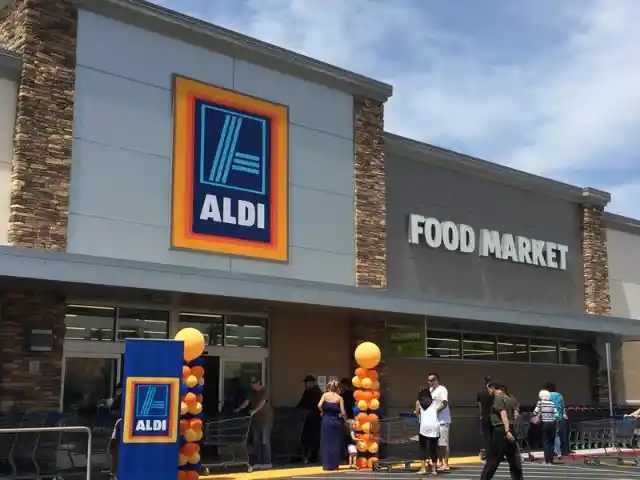

There are many ways to turn a business around, and we're sure these companies have tried them all. Sadly, it didn't appear to work! So, here's a list of retail shops that we all have to say goodbye to this 2021.
Disney Stores
Some of the magic is wearing off. Disney has stated that it would shut 60 shops in the United States by the end of 2021 to focus on e-commerce. According to CNBC, the closures will affect 20% of Disney's 300 worldwide retail outlets before the company considers additional reductions, particularly in Europe.


China and Japan will be unaffected. Disney also stated that this change would result in layoffs but did not specify how many workers would be affected. Just like Disney, this next store has been a household name for generations. They called themselves the "authority on American style."
Brooks Brothers
Brooks Brothers filed into bankruptcy in July 2020, citing the impacts of the pandemic and the shift of younger generations into a more informal work environment.
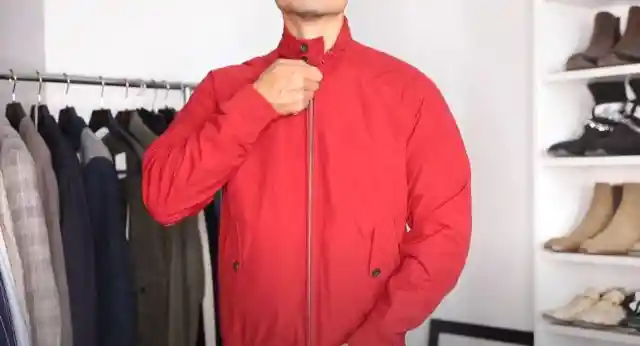
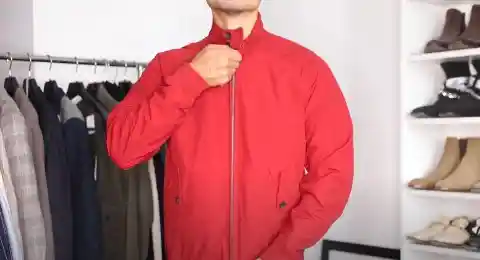
The insolvent apparel business was purchased for $325 million in August by a joint venture between Simon Property (the big mall developer) and Authentic Brands Group. It is expected that only 125 shops would remain open. Many people would surely miss them, and already questions are popping up on Google about purchasing from the store. Here's another one that's turned to the digital market...
The Collected Group
The Collected Group, which had 33 stores at its peak and behind the brands Joie, Current/Elliot, and Equipment, was in the process of closing its outlets when the pandemic struck, hastening its transition away from physical retail.


Before declaring bankruptcy in April, the firm sought purchasers but could not secure a suitable offer. In early June, collected emerged from bankruptcy with new capital from private equity company KKR, allowing it to continue its e-commerce operation. While some of these closures are truly heartbreaking, others are shrouded in scandal, like this next store that allegedly robbed its vendors of money and provided it to executives!
Paper Source
Paper Source, a stationery business, declared bankruptcy in March. It witnessed a reduction in demand for stationery as nuptials and other occasions were canceled, as well as a drop in sales owing to pandemic-related retail closures.


Paper Source was chastised after it was found that the company had given executives $1.5 million in incentives during the epidemic while allegedly failing to pay some of its vendors.
Chuck E. Cheese
Chuck E. Cheese, CEC, was founded in 1977 and had over 600 restaurants/child-based amusement locations by 2020. On the other hand, CEC suffered a 90 percent reduction in sales as the pandemic hit social and high-trafficked businesses the hardest.


CEC filed for bankruptcy in June and received creditor approval in October to seek $200 million in operational costs financing during restructuring. Several other places have remained closed, and others will remain closed until it is safe to reopen them.
Christopher & Banks
On the day of its Chapter 11 declaration in January, Minneapolis-based Christopher & Banks announced it would shut most of its 450 physical locations. Covid-19 struck the shop particularly hard, according to former CEO Keri Janes, since its average middle-aged female clients stopped buying new clothes in the lack of social interactions.


In early March, Christopher & Banks sold its growing online company to a subsidiary of Hilco Merchant Resources. It has subsequently shut down all of its physical sites.
Loves Furniture
While Loves Furniture stated that supply chain delays caused by Covid-19 were to reason for its financial difficulties, their bankruptcy documents indicated that warehousing and inventory issues were also to blame. This resulted in missing furniture, angry customers, and canceled orders.


As part of its bankruptcy procedures, the furniture business, which was formed to take over Art Van Furniture, has closed down over 20 branches. They still aim to restructure, however. Let's just hope they keep a closer eye on the inventory this time.
Francesca’s
It seems like Apparel stores are very affected by the pandemic. After filing for bankruptcy protection in December, Francesca's said that it would shut approximately half of its 551 stores in malls across the United States.


Before filing bankruptcy after two years of losses, the women's apparel and accessories business had already closed 140 stores. Francesca's was sold to TerraMar Capital and Tiger Capital Group for $18 million in February 2021.
NPC International
Despite the revival of pizza franchises amid the Covid-19 issue, Pizza Hut's largest franchisee, NPC International, filed into bankruptcy in July. With a mounting debt burden of almost $1 billion, rising food and labor expenses, and, eventually, pandemic-induced shutdowns, NPC, the operator of over 1,200 Pizza Huts as well as nearly 400 Wendy's outlets, has witnessed escalating instability in the past year.
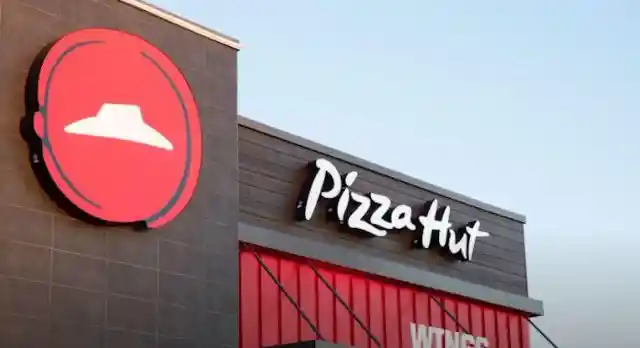
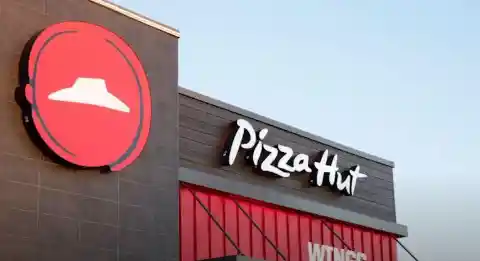
NPC aims to sell its firm for at least $725 million, with $400 million going to Wendy's and $325 million going to Pizza Hut.
Century 21
Following its bankruptcy filing in September, Century 21 will shut all of its 13 locations in New York. Its CEO blamed the business's downfall on its insurers' failure to pay $175 million to the chain.
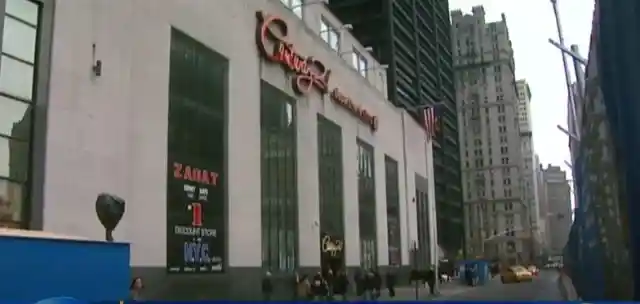
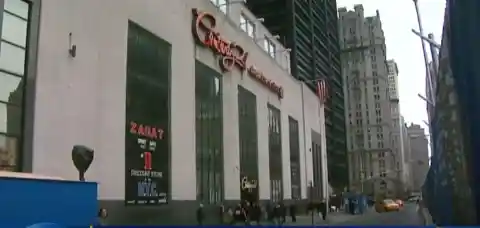
Despite the industry's reliance on brick-and-mortar sales, national off-price retail stores like TJ Maxx and Ross, which have considerably bigger retail footprints, have allegedly witnessed growth throughout the epidemic. Saying goodbye to Century 21 in 2021.
Stein Mart
Stein Mart, a budget department store company, struggled with falling sales for a long time before declaring bankruptcy in August 2020. The business had identified a buyer in January 2020, but the deal was terminated when the pandemic caused it to close its stores.


As of August, the 112-year-old business employed over 8,000 employees. In addition, plans to close all of its locations by 2021 are looming.
Guitar Center
Even music stores did not evade the pandemic’s effect. The Guitar Center, which opened in 1959 as The Organ Center, was forced to acknowledge bankruptcy.
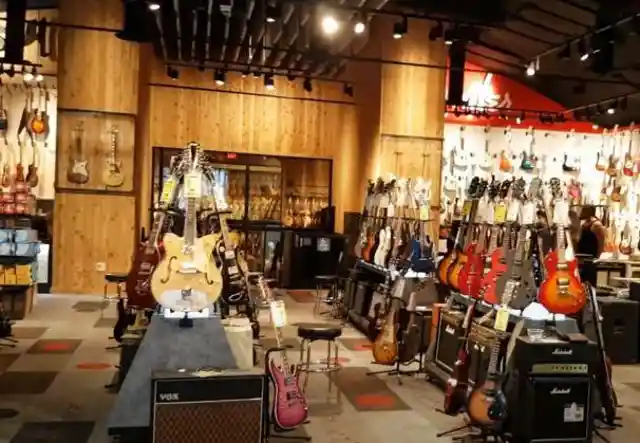
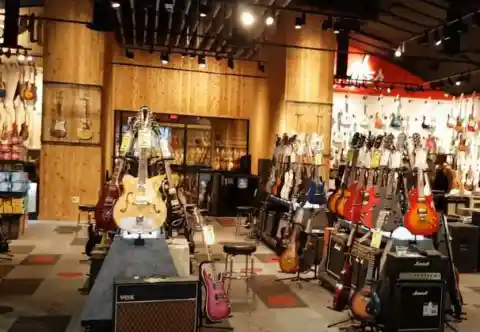
Following a 2007 purchase, the country's leading reseller of instruments was dragged down by significant debt and rising competition from internet sellers. Despite this, creditors accept its efforts to restructure $800 million of its $1.3 billion debt.
Ann Taylor and Lane Bryant
According to its Chapter 11 bankruptcy filing, Ascena Retail Group, which owns Ann Taylor and Lane Bryant, would shut more than half of its shops–1,600 out of 2,800. After selling plus-size fashion business Catherine's, it is expected to emerge from bankruptcy.
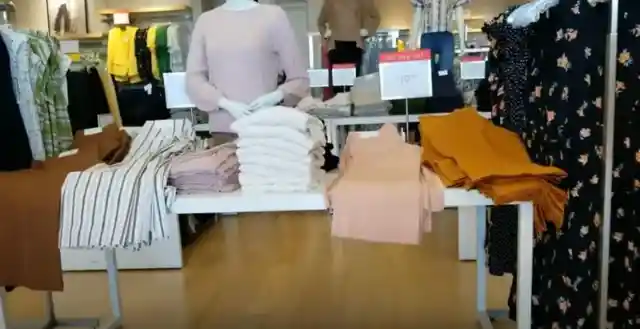
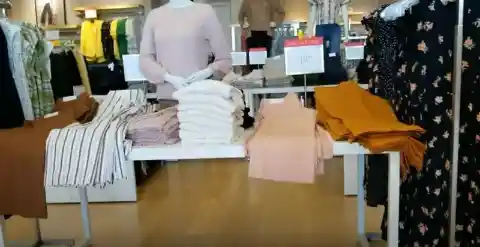
Previously known as Dress Barn, the firm was primarily reliant on sales from mall-based retail locations. However, revenue has been declining due to increased competition from internet retailers and direct-to-consumer companies.
J.C. Penney
J.C. Penney has been a familiar mall anchor across the country for decades. Unfortunately, a Chapter 11 filing was necessary for May 2020.


After years of falling, brick-and-mortar revenue and multibillion-dollar liabilities prevented the shop from attaining any genuine success, owing in no little part to the pandemic. The mall operator Simon Property Group and Brookfield Asset Management, and bankruptcy lenders bought the business in November.
Godiva
Godiva has made the tough choice to shut down all of its stores in North America. Some may be surprised by this, given the chocolate firm just launched its first café 2 years ago.


They even announced ambitions to create 2,000 more across the world by 2025. The decision was taken to close because in-person purchasing is a focus for the firm, and in-person experiences are impossible due to the pandemic limitations.
New York & Company
As part of its Chapter 11 bankruptcy, RTW Retailwinds, the parent company of New York & Company, is shutting virtually all of its 400 shops across 32 states. The company is selling its e-commerce business and copyrights to Saadia Group, the latest in a line of clothing shop closures.


Retailers like New York & Company saw sales drop when stay-at-home orders were implemented across the US, causing them to lay off staff and temporarily close outlets.
Muji USA
Muji's US arm, one of the most recent victims of the Covid-19 pandemic, declared bankruptcy in July. The shop, known for its unbranded, minimalist items, plans to liquidate several of its 18 US stores but will keep its e-commerce store open.


Due to expensive rents and cheaper alternatives, its US company has allegedly lost money for the past three years. It’s a complete disappointment for all Muji lovers out there.
Sur La Table
Sur La Table, a kitchenware retailer, filed for Chapter 11 bankruptcy the same week as Muji USA. The company will sell its assets to Fortress Investment Group and shut more than 70 of its 112 locations.
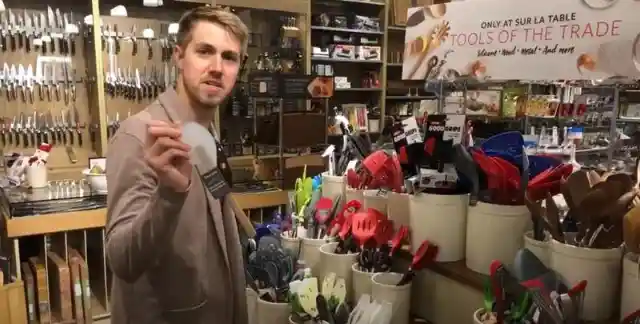

Pre-pandemic, the firm was already battling to stay viable as internet merchants ate into its shares. It's also not helpful that consumers switched away from eating at home.
GNC
Before the epidemic, the vitamin and nutrition retailer GNC was having trouble generating revenue and paying off almost $1 billion in debt. After the Covid-19 problem forced it to liquidate 40% of its facilities, it filed for bankruptcy in June.
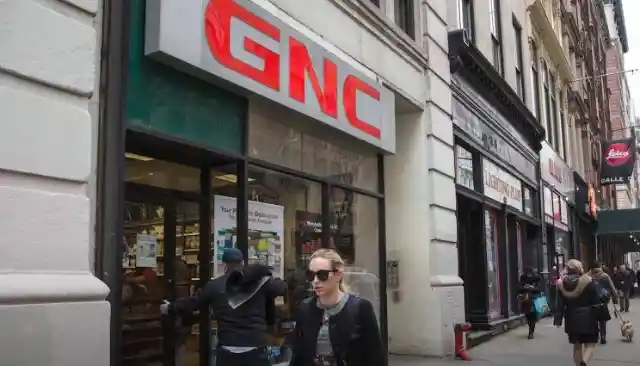
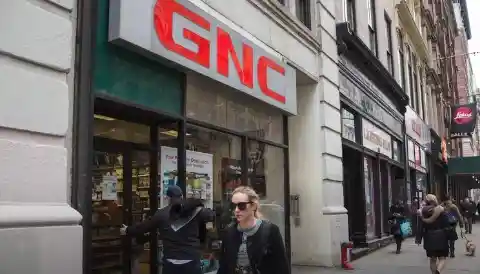
The business has announced the closure of up to 1,200 shops across the country. It was sold to Harbin Pharmaceutical Group of China for $770 million in September.
24-hour Fitness
After months of closures due to Covid-19, gym company 24 Hour Fitness declared bankruptcy in mid-June. It will close 100 gyms permanently, leaving about 300 across the country.


Boutique programs like OrangeTheory and Barry's Bootcamp and inexpensive facilities like Planet Fitness have intensified competition for mid-tier gym franchises.
Hertz
Hertz, the country's second-largest rental vehicle firm, is one of the most well-known casualties of the coronavirus pandemic, with $19 billion in debt and 700,000 automobiles in its fleet. As travel was delayed due to countrywide shutdowns, demand for rental cars plummeted.


Hertz stock soared by as much as 10 times in June, prompting the company to try to sell fresh shares. It was a move that was quickly canceled when the SEC began investigating the transaction.
Centric Brands
Centric Brands is a clothing design and manufacturing company that works with Calvin Klein, Under Armour, and Tommy Hilfiger. The brand collective entered into a restructuring support arrangement with its lenders as part of its Chapter 11 bankruptcy and will reemerge as a private firm.


In September, the firm stated that it intends to emerge from bankruptcy by the end of October. We hope they do.
Neiman Marcus
During the coronavirus crisis, luxury store Neiman Marcus filed for Chapter 11 bankruptcy, but it emerged in September under new ownership. Like many other shops, they had issues before the pandemic, particularly following a 2013 private equity purchase that left the firm in debt.


The department store company, which owns Bergdorf Goodman, failed to adapt to e-commerce and could not compete against rivals like Farfetch and Net-a-Porter due to its enormous debt burden.
John Varvatos
John Varvatos, a high-end clothing label, filed for bankruptcy in May. In July, the brand's present majority owner, Lion Capital, got court clearance to purchase it, including a $76 million credit bid.
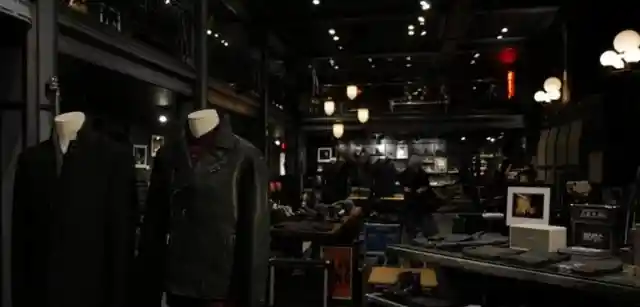
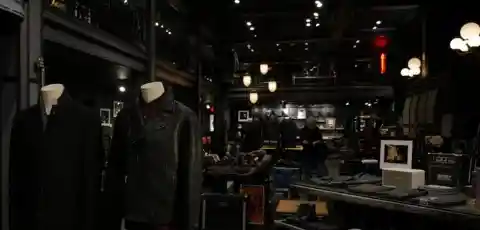
It experienced a setback in 2019 when some of its brands were removed from Nordstrom stores. This resulted in a significant drop in profit. When the pandemic struck, the company was in the midst of reorganizing and had to close stores and lay off 76 percent of its workforce.
Dean & DeLuca
Dean & DeLuca, a luxury grocery company, had already halted services when it declared bankruptcy in March. After running out of funds in mid-2019, the business, a pioneer in introducing US customers to overseas, hard-to-find products, was forced to close locations due to rising competition from rivals such as Amazon's Whole Foods and Trader Joe's.


Pace Development, a Thai real estate developer, purchased Dean & Deluca back in 2014. We're going to have to say goodbye to their delicious pastries.
Art Van Furniture
In its Chapter 11 bankruptcy declaration, which was eventually changed to a Chapter 7, Art Van Furniture sold a fifth of its stores. With almost 170 stores, the furniture company was formerly one of the largest in the Midwest.


The inventory and assets were purchased for about $6.9 million by US Realty Acquisitions, a property investment arm of private equity company US Assets. The stores were relaunched under the new brand Loves Furniture.
Bluestem Brands
Bluestem Brands, a direct-to-consumer company, declared bankruptcy in March, claiming low Christmas sales and a protracted cash constraint. The filing came after the company finalized a deal to sell itself to Cerberus Capital Management LP in August.


Appleseed's, Draper's & Damon's, and Fingerhut are among Bluestem's many brands, covering numerous retail sectors such as clothes and electronics.
Papyrus
Earlier this year, Schurman Fine Paper, which owns the stationery retailer Papyrus, declared bankruptcy. It announced that it would close all 254 of its locations in North America.
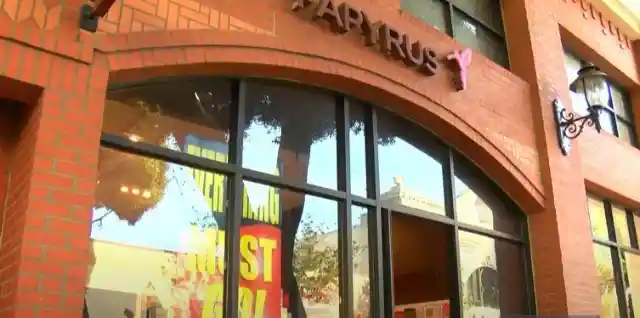

The introduction of email and text messaging had a devastating effect on the greeting card business. According to the firm, it was never able to bounce back from the effects of the Great Recession.
Fairway
Fairway, a New York-based supermarket business, filed for bankruptcy in January and announced it was shutting 5 of its 14 sites. The chain had already gone into bankruptcy in 2016, following its initial public offering in 2013.
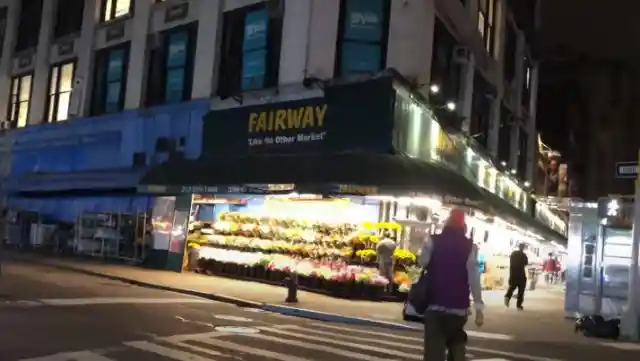
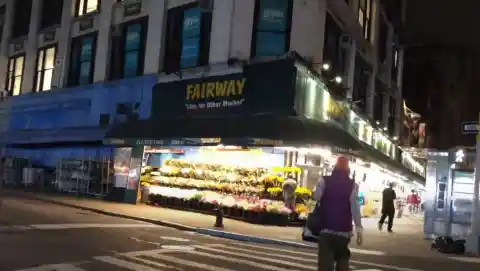
Pressure from larger competitors such as Whole Foods and Trader Joe's has squeezed smaller businesses in recent years. Winn-Dixie and Bi-Lo also declared bankruptcy in the last few years as a result of this pressure.
Lord and Taylor
Even the best-preserved department store was immune to the threat of bankruptcy and closure. Lord & Taylor will shut all 38 of its stores in August 2020 and begin selling retail assets as soon as possible.
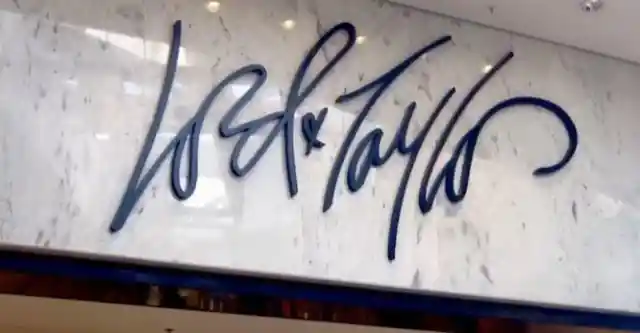
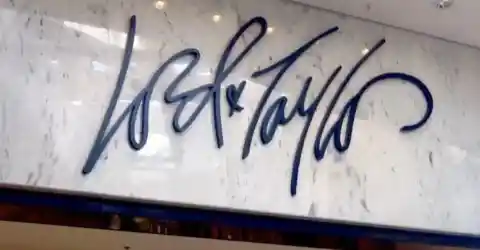
This was the second time the chain had been in freefall for years. It's previously been owned by Macy's and Saks Fifth Avenue before settling with Le Tote, a fashion-rental company before both went bankrupt.
Tailored Brands - Jos. A. Bank & Men’s Warehouse
Tailored Brands, the parent company of Men's Warehouse and former competitor Jos. A. Bank declared bankruptcy protection in August 2020. It was after they reported a 60 percent decline in revenue in the first quarter of 2020.


A restructuring plan has been put in place to eliminate $630 million in debt. Approximately 500 shops have been closed, with a 20 percent reduction in the number of corporate workers.
Chico’s FAS
Profitability fell to $280 million during May 2021, compared to $517 million during the previous year for Chico's FAS, which owns the Chico's, Soma, and TellTale brands.


In July, Chico's FAS Canada, a wholly-owned subsidiary of the corporation, filed for bankruptcy in Ontario, Canada. The company includes four Chico locations and six White House Black Market outlets in Canada, all of which will be closed indefinitely.
StubHub
In 2020, the live-event ticketing sales firm experienced extraordinary challenges, and in 2021, it is gradually resuming operations. The firm was compelled to rethink its refund policy after 20,000 events were canceled.


Ticket purchasers in the MLB, NBA, and NHL have yet to get a refund for a canceled event. The firm has also explored seeking financial assistance from the government.
Dave & Busters
Stay-at-home purchases threw entertainment chain Dave & Buster's for a loop because the company has a restaurant and games designed to pull in crowds. Approximately 15,000 employees were furloughed in April 2020 due to the chain's refusal to pay rent. Nonetheless, Jefferies LLC was sold $100 million in shares to aid in the completion of successful financial deals.
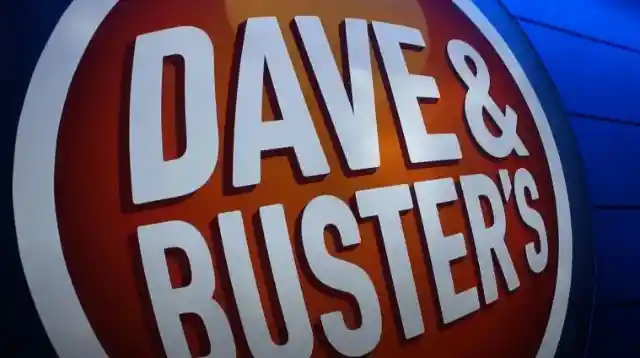

Which of these stores will you miss the most when they shut their doors? The closing of these stores means that nothing’s ever gonna be the same once the pandemic is over.